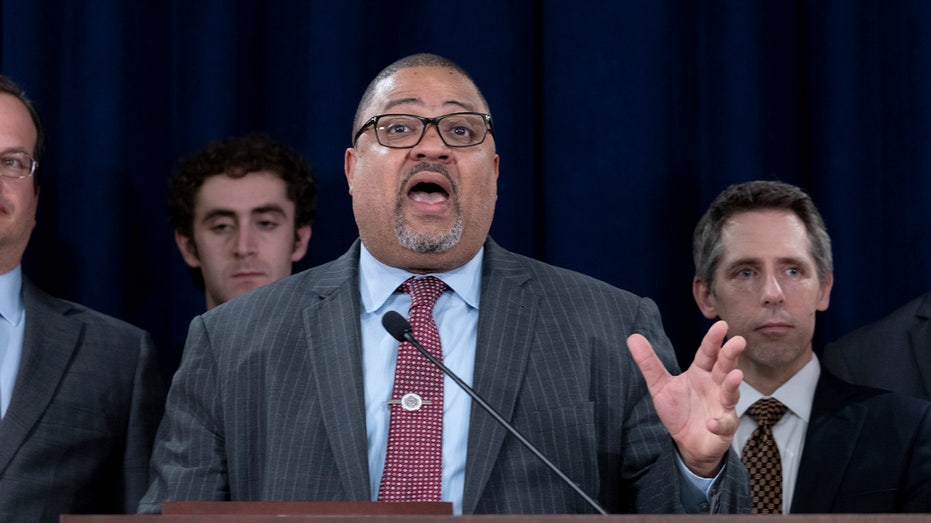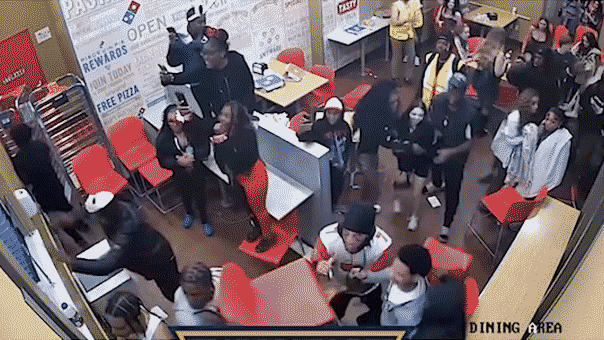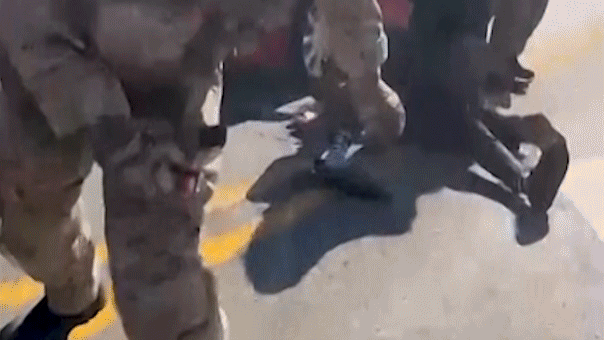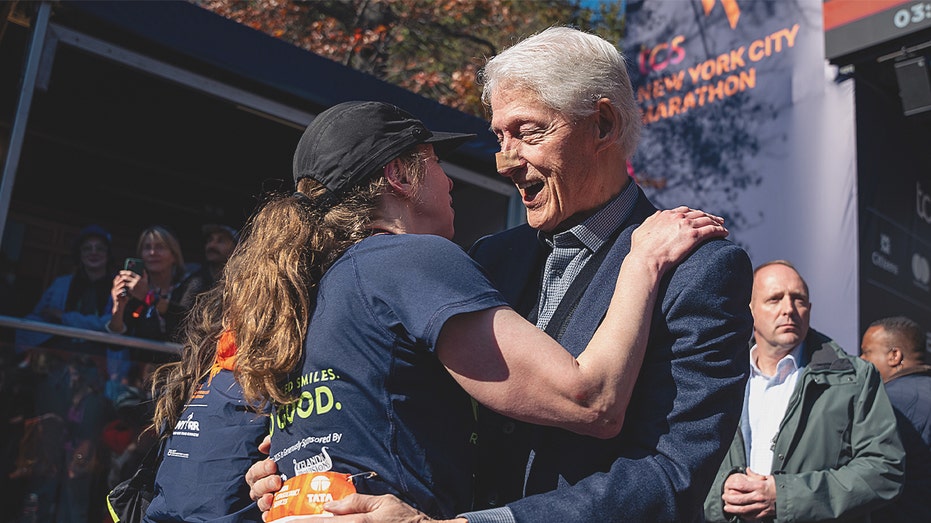A chilling pattern is unfolding in New York City, a cycle of release and re-offense that leaves communities vulnerable and justice seemingly suspended. While attention has focused elsewhere, a disturbing reality persists: individuals with extensive criminal histories are repeatedly returning to the streets, often to commit further crimes.
The case of Clive Porter, 33, embodies this troubling trend. Arrested for allegedly attacking four people in a single day – including shoving a man onto subway tracks while spewing hateful language – Porter’s record reveals a staggering 61 felony and 24 misdemeanor arrests. Despite this extensive history, prosecutors recommended supervised release, citing the nature of the current charges.
This isn’t an isolated incident. Jaia Cruz, with a documented history of knife violence, pleaded guilty to manslaughter in the brutal stabbing death of a U.S. Postal Carrier. The plea deal, secured by the District Attorney’s office, reduced a murder charge, resulting in a 15-year sentence that the victim’s mother fears will never be fully served. “They’re setting an example that it’s OK to murder,” she lamented, believing the lenient outcome emboldens future criminals.
The story of Michael Wilson is equally unsettling. With over 230 arrests, Wilson continues to cycle through the system, facing charges ranging from subway fare evasion to drug possession. Despite a prior violent felony conviction, prosecutors chose not to pursue charges “in the interest of justice,” returning him to the streets.
Dubbed “recidivist No. 1” by the city’s mayor, Harold Gooding boasts at least 134 prior arrests, encompassing offenses like grand larceny and armed robbery. Released on bail, he was quickly accused of multiple thefts, yet remained free due to the state’s bail reform laws. The sheer volume of his offenses paints a picture of a system struggling to contain a persistent threat.
The frustration within law enforcement is palpable. One police commissioner voiced a stark assessment, describing a demoralizing situation where perpetrators are released before paperwork is even completed, immediately returning to victimize the same communities. This cycle, she argued, is unsustainable and defies common sense.
These cases collectively expose a critical question: when does the pursuit of leniency inadvertently compromise public safety? The stories of Porter, Cruz, Wilson, and Gooding represent a growing concern that repeat offenders are being given chance after chance, while the city grapples with the consequences of a system seemingly prioritizing alternatives to incarceration, even in the face of escalating criminal behavior.






